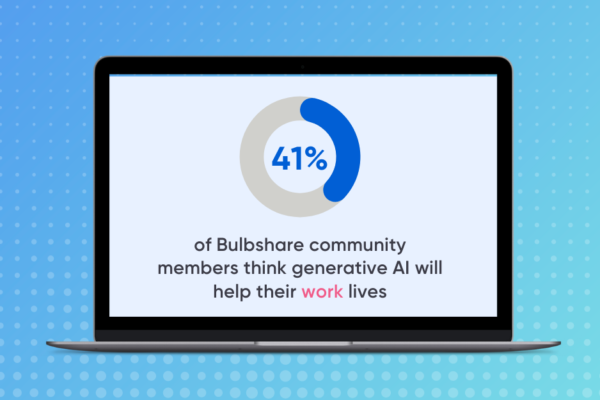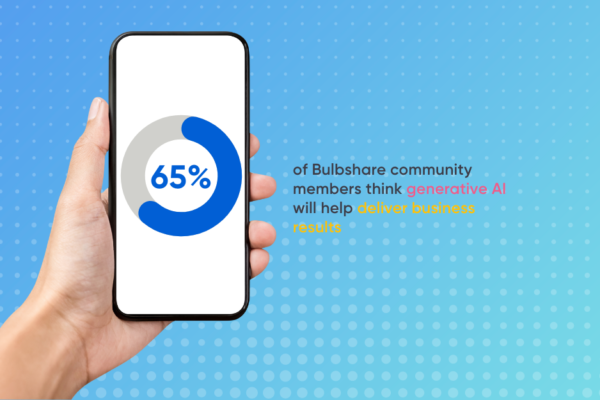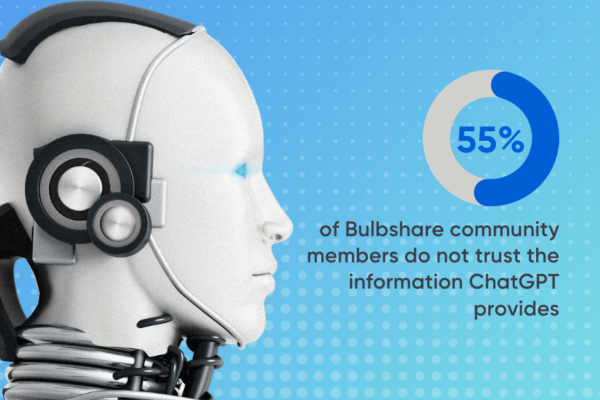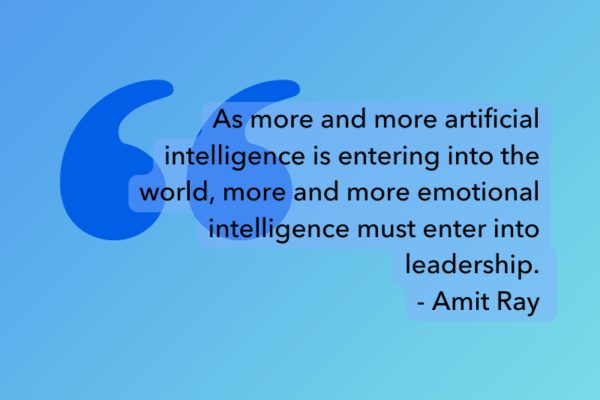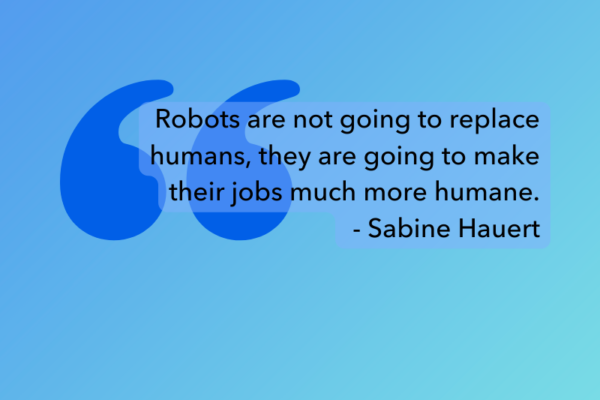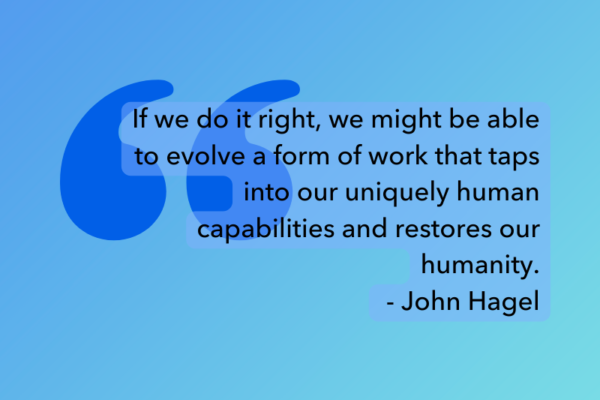It’s been just over one year since the world was first shaken by the launch of generative AI poster child, ChatGPT. OpenAI brought the first large language model to market in an equally large way: the platform hit 100 million monthly active users in under two months, a record for any tech platform at the time.
But, since November 2022 cut the rope on a new era of intelligence, what has occurred to get us to where we are now? And, entering 2024, what can we expect to see from the world of generative AI in the near future?
”We’re in an “AI Tidal Wave” moment now. In all the hype and hyperbole following the debut of ChatGPT, no one really knows the impact on work, business, creativity, and our lives. But we’re all now trying to connect the dots on what could be done and dreaming of what could be.
Tom Fishburne
What is ChatGPT?
ChatGPT is a LLM developed by OpenAI, designed for natural language understanding and generation. Launched in November 2022, It utilises the GPT architecture to generate humanised text via conversational prompts. From content creation to coding to customer service, the technology boasts seemingly infinite use cases – or at least as many as human intelligence can imagine.
Contextualising success
Described as ‘God-like’ by Financial Times, ChatGPT’s success certainly does feel superhuman.
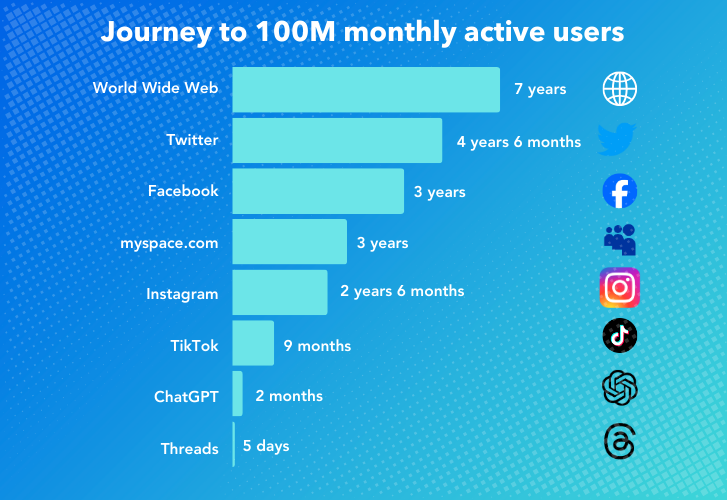
ChatGPT rocketed to renown, hitting 100 million monthly active users in just two months. Netflix had to wait three years to reach that goal and TikTok, the platform with the quickest growth after ChatGPT, managed it in under a year. Until Threads came along, ChatGPT was the fastest growing platform ever seen. You can track its trajectory from obscurity to omnipresence in this video timeline below.
Discover the full 2023 AI journey, here…
User friendly AI
”It wasn’t the underlying model that mattered, it was the usability of it.
Sam Altman
What lit the blue touch paper was not the tech behind ChatGPT, claims Altman – in fact, we can trace generative AI’s origins back to the 60s – but the user friendly nature of it.
The accessibility, ease, and immediacy of the platform led to immense adoption rates. Of 1,000 consumers polled by Bulbshare, 41% said they use AI daily since the launch of ChatGPT, with 3 in 4 saying it will continue to grow in influence in 2024.
Similarly, of 1,000 decision makers who took part in a McKinsey study, 51% were familiar with the term GenAI and 1 in 4 are deploying some form of AI in their work.
It’s no wonder Sam Altman called this the year people began to take AI seriously.
Using AI daily?
According to Client Collaborator Seb Szczukiewicz, AI has become an ‘integral part of daily life – especially in the last six months’. Seb, who works with a number of global FMCG clients to help them implement Bulbshare’s AI tools on an operational level, elaborated that ‘experimentation’ and ‘creativity’ was key to success: ‘I’m sure it’s here to stay. There are more exciting developments coming this way in the new year so I’m keeping an open mind.’
Similarly, Tessa Baron, Associate Research Director at Bulbshare, said that AI had to be baked into the day-to-day for modern researchers: ‘Researchers can focus less on manual labour of sifting through data and a lot more on building strategic insights for client reports. Essentially we’re able to deliver faster, but maintain high quality insights.’
This supercharged pace of work was a key theme in all of the tech professionals interviewed. In fact, 41% of consumers asked said generative AI will help them at work, and 65% felt it could help businesses deliver stronger results.
Similar sentiment was expressed across verbal responses from survey participants, who said AI will ‘save human time and money for companies’ (Female, 38) and ‘increase profitability and productivity’ (Male, 16).
Will the bots call the shots?
Whilst the sentiment around AI felt zesty and optimistic in 2023, it was laced with concerns. People lamented lost job security and a potential wave of fake news. Others worried for data privacy and national security.
Francesco Benincasa, speaking in one of Bulbshare’s webinars on AI, put it well: ‘AI will give you an answer, but it won’t always give you the truth’. It won’t always cite its sources. It can give you different answers to the same question asked multiple times. Some models pull from out of date data. And of course, the response you receive is dependent on the quality and detail of the prompt. Put simply: put garbage in, get garbage back.
However, the fears were somewhat allayed by the researchers at Bulbshare. One said, ‘Ethical concerns are often man-made not bot-made. It is up to us to use the tool in an ethical and responsible manner’. Like any tool, they said, it must be approached with caution.
Another explained that ‘it’s only a threat if you are not willing to learn how to master it. AI can never replace the human brain and critical thinking.’
As Eliana Wahnon, VP of Consumer Market Intelligence at CPW said when asked about the power of AI in our webinar ‘Generative AI in Practice’: ‘Today and always, you have to be a steward of data quality’. Critical thinking, discernment, and curiosity are still essential when using new tools, and artificial intelligence must be approached with human intelligence.
”Pundits have spotted factual inaccuracies in the material that ChatGPT churns out. OpenAI CEO Sam Altman has conceded this himself, Tweeting that 'ChatGPT is incredibly limited, but good enough at some things to create a misleading impression of greatness.
Matt Hay
Brave new world
No one could have predicted the tremors made by AI in 2023, so to forecast the future of AI leaves us with just as many questions as answers. However, one thing is certain: its impact is here to stay for now. So much so, 3 in 4 respondents in a Bulbshare survey claim AI will change the world.
As Kim Krone, Head of Research at Bulbshare, said, ‘The industrial revolution altered the course of mankind’s trajectory, and now the intelligence revolution will do the same’.
Matt Hay, CEO of Bulbshare and thought leader in AI, agreed. ‘In the 2020s brands have had a taste of how quickly markets can shift.
‘The future, therefore, is knowledge delivered in real-time through interfaces like the one OpenAI has created. You ask a question, and the oracle responds.’
We know how ChatGPT altered 2023 irrevocably. But how will AI generate the path of tomorrow? To let us know your thoughts, head to our LinkedIn post and leave a comment here.
”Predicting the future isn’t magic. It’s artificial intelligence.
Dave Waters
If you want to know more about the dawn of ChatGPT and how it ushered in a new age of intelligence, discover our toolkit for marketers and insight professionals, below. Just enter your details to get access to ‘Generating the future: Predicting the impact of AI on consumer insights’.

